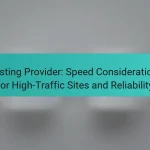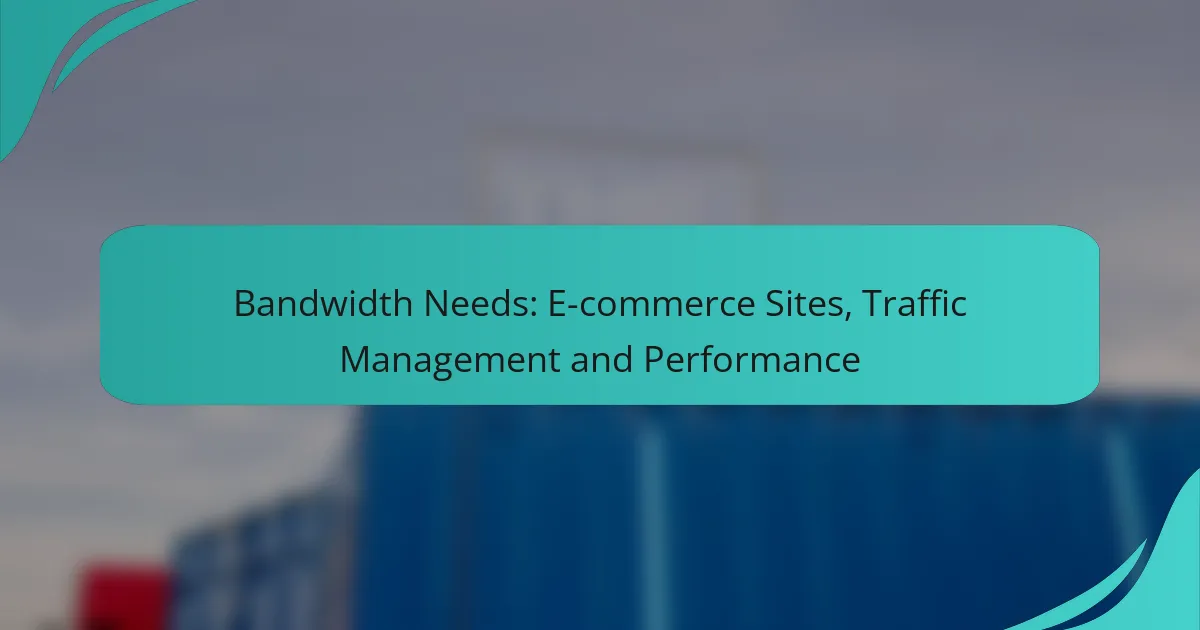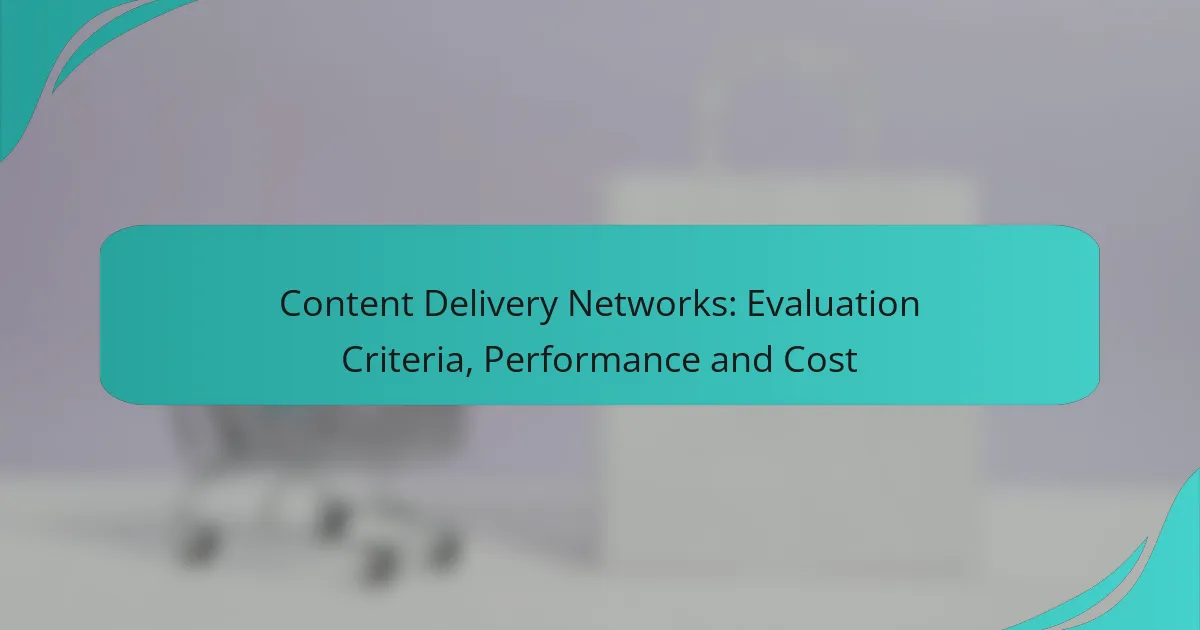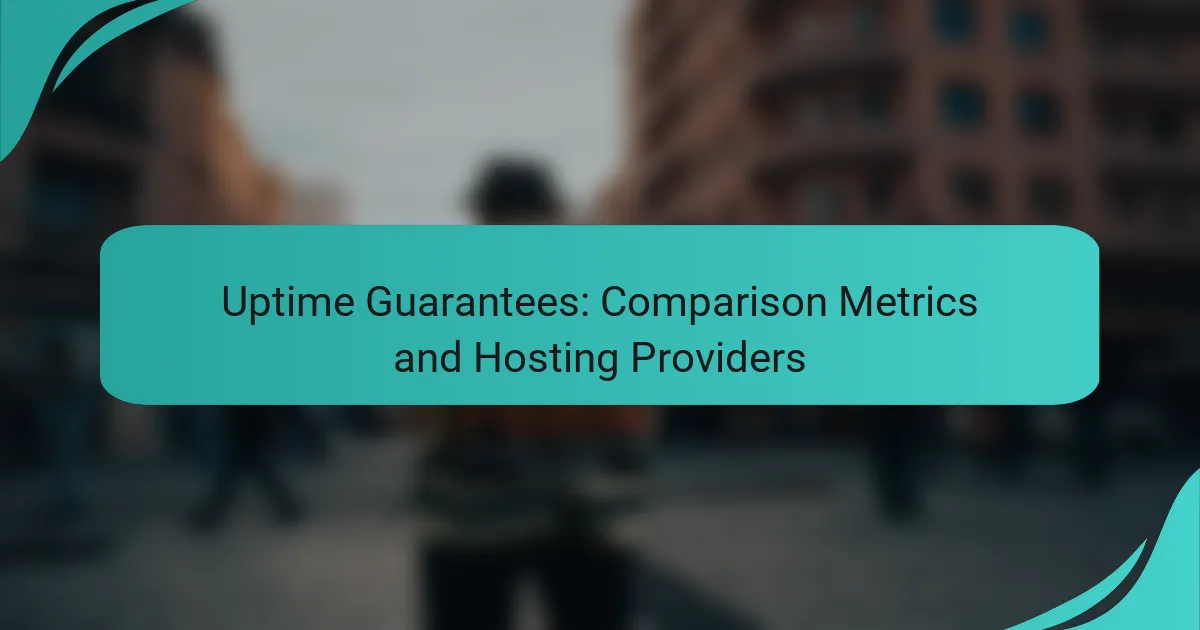When selecting a WordPress hosting solution, it’s essential to consider performance metrics such as speed, reliability, and customer support. By focusing on optimization strategies that enhance page load times and server response times, you can significantly improve your site’s overall performance and user experience. Understanding and monitoring these key metrics will help you identify areas for improvement and ensure your WordPress site runs smoothly.
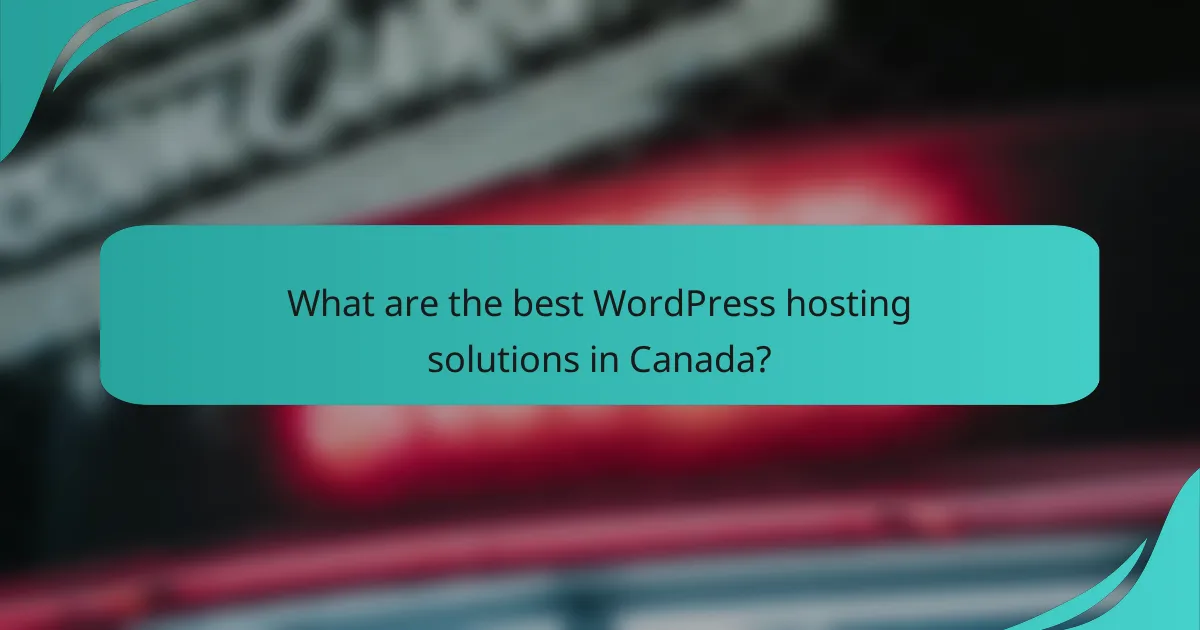
What are the best WordPress hosting solutions in Canada?
The best WordPress hosting solutions in Canada offer a combination of speed, reliability, and customer support tailored to local needs. Key players include SiteGround, Bluehost, WP Engine, HostGator, and DreamHost, each with unique features that cater to different types of users.
SiteGround WordPress Hosting
SiteGround is known for its excellent customer support and high performance. It offers features like daily backups, free SSL certificates, and a built-in caching system to enhance site speed. Plans typically start at a competitive monthly rate, making it a solid choice for both beginners and experienced developers.
Consider SiteGround if you prioritize customer service and technical support. Their data centers in North America ensure low latency for Canadian users, which can significantly improve site loading times.
Bluehost WordPress Hosting
Bluehost is officially recommended by WordPress.org and is popular for its user-friendly interface. It provides a free domain for the first year and includes a one-click installation for WordPress, making it ideal for newcomers. Pricing is generally affordable, with promotional rates available for the first term.
When choosing Bluehost, look for their shared hosting plans that offer scalability options as your site grows. Their customer support is available 24/7, which is beneficial for resolving issues quickly.
WP Engine Managed Hosting
WP Engine specializes in managed WordPress hosting, focusing on performance and security. Their plans include automatic updates, daily backups, and a proprietary caching system, which can significantly enhance site speed. Pricing is on the higher end, reflecting the premium services offered.
This solution is best suited for businesses or high-traffic websites that require robust performance and security features. WP Engine’s dedicated support team is knowledgeable about WordPress, providing tailored assistance when needed.
HostGator WordPress Hosting
HostGator offers a range of WordPress hosting plans that cater to various budgets and needs. Their services include one-click installs, free website migration, and a 99.9% uptime guarantee. Pricing is competitive, especially for long-term commitments.
Consider HostGator if you’re looking for a cost-effective solution with flexible plans. Their easy-to-use control panel simplifies site management, making it accessible for users of all skill levels.
DreamHost WordPress Hosting
DreamHost is recognized for its commitment to privacy and transparency, offering a free domain and SSL certificate with all plans. They provide a 97-day money-back guarantee, which is one of the longest in the industry. Their hosting is optimized for WordPress, ensuring good performance and uptime.
DreamHost is a great option for those who value ethical hosting practices and want a reliable service without hidden fees. Their customer support is available via live chat and email, ensuring assistance is readily available when required.

How to optimize performance metrics for WordPress?
To optimize performance metrics for WordPress, focus on enhancing speed, reducing load times, and improving user experience. Implementing effective strategies can significantly boost your site’s responsiveness and overall performance.
Utilize caching plugins
Caching plugins store static versions of your web pages, reducing the need for repeated database queries. This can lead to faster load times, especially for returning visitors. Popular options include W3 Total Cache and WP Super Cache.
When choosing a caching plugin, consider compatibility with your theme and other plugins. Regularly clear the cache to ensure users see the most up-to-date content and avoid potential issues with outdated files.
Optimize images for web
Optimizing images is crucial for improving load times on your WordPress site. Use formats like JPEG for photographs and PNG for graphics with transparency, and aim for a file size under 100 KB when possible. Tools like Smush or ShortPixel can automate this process.
Additionally, consider using responsive images that adapt to different screen sizes. This not only enhances user experience but also helps with SEO, as search engines favor faster-loading sites.
Minimize HTTP requests
Reducing HTTP requests can significantly enhance your site’s performance by decreasing the number of elements the browser must load. Combine CSS and JavaScript files where feasible, and eliminate unnecessary plugins that add extra requests.
Use tools like GTmetrix or Pingdom to analyze your site and identify sources of excessive requests. Aim to keep the number of requests below 50 for optimal performance, especially on mobile devices.

What performance metrics should you monitor for WordPress?
To ensure optimal performance for your WordPress site, focus on key metrics such as page load time, server response time, Time to First Byte (TTFB), and overall uptime percentage. Monitoring these metrics helps identify areas for improvement and enhances user experience.
Page load time
Page load time measures how long it takes for a webpage to fully display in a user’s browser. Ideally, aim for a load time of under 3 seconds, as longer times can lead to higher bounce rates. Tools like Google PageSpeed Insights can help you analyze and optimize your load times.
Consider factors such as image sizes, caching, and the use of Content Delivery Networks (CDNs) to improve load times. Regularly test your site on various devices and networks to ensure consistent performance.
Server response time
Server response time indicates how quickly your server processes requests from users. A good server response time is typically under 200 milliseconds. If your server takes longer, it could be due to inadequate hosting resources or inefficient code.
To enhance server response time, consider upgrading your hosting plan, optimizing your database, or using a faster web server technology like Nginx. Regularly monitor this metric to ensure your site remains responsive.
Time to First Byte (TTFB)
Time to First Byte (TTFB) measures the duration from when a user requests a page to when the first byte of data is received. A TTFB under 200 milliseconds is generally considered good. High TTFB can indicate server issues or slow database queries.
To reduce TTFB, optimize your server configuration, use caching mechanisms, and minimize the use of external scripts. Regularly check this metric to maintain a fast user experience.
Overall uptime percentage
Overall uptime percentage reflects the reliability of your website, indicating the time your site is accessible. Aim for an uptime of 99.9% or higher to ensure users can consistently access your content. Downtime can negatively impact both user experience and SEO rankings.
Utilize monitoring tools to track uptime and receive alerts for any outages. If your hosting provider offers a Service Level Agreement (SLA), review it to understand their uptime commitments and consider switching providers if they fail to meet expectations.

What are the key factors in choosing a WordPress hosting provider?
When selecting a WordPress hosting provider, consider performance, customer support, and scalability. These factors significantly impact your website’s speed, reliability, and ability to grow as your needs change.
Performance and speed
Performance and speed are critical for a WordPress hosting provider. A fast-loading website enhances user experience and can improve search engine rankings. Look for providers that offer solid-state drives (SSDs), content delivery networks (CDNs), and optimized server configurations.
Generally, aim for hosting solutions that promise load times in the low tens of milliseconds. Providers that offer caching solutions and performance monitoring tools can also help maintain optimal speed.
Customer support quality
High-quality customer support is essential when issues arise with your WordPress hosting. Choose a provider that offers 24/7 support through multiple channels, such as live chat, email, and phone. Quick response times and knowledgeable staff can save you from prolonged downtime.
Read reviews and testimonials to gauge the reliability of customer support. A provider with a solid reputation for assistance can make a significant difference, especially for those who are less technically inclined.
Scalability options
Scalability is vital for growing websites. A good WordPress hosting provider should offer flexible plans that allow you to upgrade resources like bandwidth and storage as your traffic increases. This ensures your site can handle spikes in visitors without compromising performance.
Consider providers that offer easy migration options and various hosting plans, including shared, VPS, and dedicated servers. This flexibility will help you adapt to changing needs without the hassle of switching providers.

How do caching solutions improve WordPress performance?
Caching solutions enhance WordPress performance by storing frequently accessed data, which reduces the time it takes to load pages. By serving cached content instead of querying the database each time, websites can achieve faster response times and improved user experience.
Reduces server load
Caching significantly lowers server load by minimizing the number of requests made to the database. When a page is cached, the server can deliver the stored version of that page to users without having to process complex queries, which conserves resources.
This reduction in server load is particularly beneficial during peak traffic times. For example, a website that typically handles hundreds of visitors per minute can maintain performance without needing to scale its server resources, saving on hosting costs.
To implement effective caching, consider using plugins like WP Super Cache or W3 Total Cache, which can automatically manage cached files and optimize delivery. Regularly review caching settings to ensure they align with your site’s traffic patterns and content updates.
